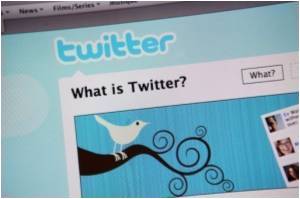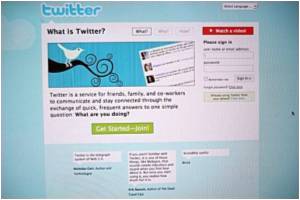
The study looked at tweets that were directly related to the peer-reviewed article in question. The tweets either contained a link directly to the article in a scientific database or contained highly specific bibliographic information that would enable anyone to find the study immediately (such as DOI or PMID numbers).
The analysis shows that a high number of tweets does not correspond to a high number of citations in peer-reviewed journals – a method of measuring impact that is generally accepted by the scientific community. As a result, the number one article on the list of researchers, dealing with an altered gene during radiation exposure, was tweeted 963 times but only received nine academic citations. An article on a similar topic, in the wake of the Fukushima explosion, had 30 citations compared to its 639 tweets. "The most popular scientific articles on Twitter stress health implications or have a humourous or surprising component. This suggests that articles having the broadest scientific impact do not have the widest distribution," Haustein said.
The study was supervised and co-authored by University of Montreal Professor Vincent Larivière, holder of the Canada Research Chair on the Transformation of Academic Communication. "For the time being, Twitter cannot be considered a good marker of scientific impact – but it could indicate a certain social impact. When we look at the top articles, many have a surprising or humourous character. Articles are often tweeted anecdotally," Larivière said.
The traditional way of calculating the impact of a scientific article is based on the number of citations it has received in other scientific articles – it reflects impact on the scholarly community of citing authors. Peer review ensures a certain level of quality. "In the case of social networks, anyone can mention an article to anyone, there is no quality control," Haustein said.
Nonetheless, even if two-thirds of the tweeted articles were mentioned only once, Twitter is increasingly used to disseminate scientific articles. Over the three years studied, there was an increase in the proportion of articles cited on the network, reaching 20.4% in 2012. And despite the general finding regarding the number of citations, many of the articles most mentioned on Twitter are from journals such as PNAS, Science, Nature, The Lancet, and New England Journal of Medicine. The journal that received the most tweets was Nature, with 13,430 mentions of 1,083 papers (42%).
Advertisement
Advertisement








